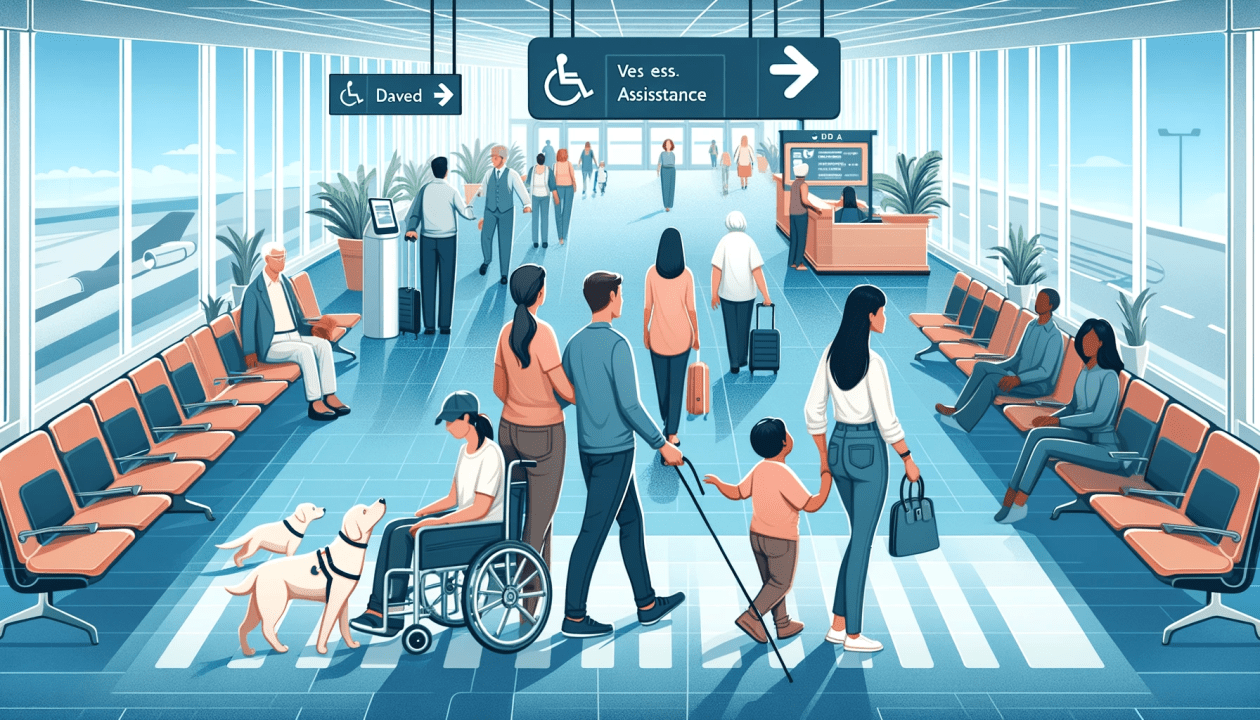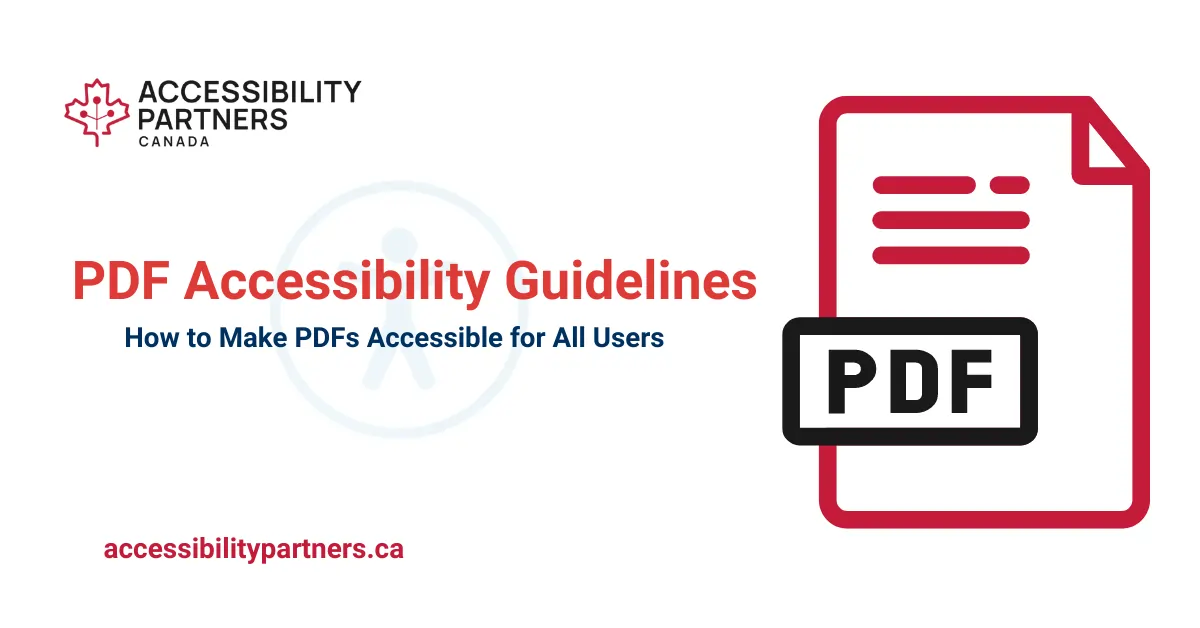Travel should be an exciting adventure for everyone, including those with disabilities.
Imagine the frustration of not being able to access travel information like schedules, tickets, changes, or policies because a website is hard to navigate, or the confusion when encountering newly procured elevators with touch screens that are still largely inaccessible to blind people because they require the user to locate objects on the screen visually.
The Role of the Canadian Transportation Agency
The Canadian Transportation Agency (CTA) is the watchdog ensuring that transportation services, including airports and ports, are accessible to everyone. They enforce set rules, like the Accessible Transportation for Persons with Disabilities Regulations, and they’re there to help resolve any issues that transportation services might face with accessibility compliance.
Compliance Monitoring and Enforcement
The CTA actively monitors compliance through inspections, audits, and reviews against the Accessible Canada Act (ACA). They work closely with transportation service providers to ensure they understand their obligations and to help them implement the necessary accessibility measures. When non-compliance is identified, the CTA has the authority to take enforcement action, which can include issuing warnings, compliance agreements, or administrative monetary penalties. This approach ensures that accessibility standards are not only met but maintained over time, providing a consistent and reliable travel experience for all passengers, including those with disabilities.
Under the Accessible Canada Act (ACA), all transportation authorities operating in Canada were required to have their Accessibility Plans in place by June 2023. Embracing the principle of “Nothing about us, without us,” another requirement is to consult with people with disabilities while establishing these plans.
Our Journey with Canadian Airports and Ports
We are proud to say that our team has been making a real difference. We’ve worked hand in hand with several Canadian airports and ports, helping them see their facilities through the eyes of travelers with disabilities. From bustling airports to serene marinas, we’ve tackled a range of projects, always with the goal of creating a seamless experience for everyone.
Our approach is all about collaboration. We’ve dived deep into detailed organizational gap assessments, identifying every barrier that might stand in the way. But we didn’t stop there. We believe the best solutions come from listening to those who will use them. We’ve worked closely with people with disabilities, hosting focus groups and partnering with organizations like the Canadian Hearing Services and the Canadian National Institute for the Blind. Together, we’ve crafted accessibility plans that are not just about ticking boxes but truly enhancing the travel experience.
At Accessibility Partners, we’re dedicated to making inclusive travel a reality. We’re passionate about transforming airports and ports across Canada into welcoming spaces for all travelers. We aim to collaborate with authorities who share our vision of meaningful change, going beyond mere compliance to truly enhance accessibility.
Why Work with Us?
At Accessibility Partners, we’re more than just consultants. We’re advocates for change, driven by a belief that accessibility is at the heart of great service. When you work with us, you’re getting a dedicated team that’s committed to understanding your unique challenges and delivering practical, impactful solutions. We’re here to help you follow excellence in accessibility, and regulatory compliance comes as a side product.
Let’s Make Travel Accessible for Everyone
If you’re ready to join us in creating accessible travel experiences, we’d like to hear from you. Whether you’re an airport looking to revamp your website or a port seeking to improve your facilities and train staff, we’re here to help. Visit our website at Accessibility Partners or contact us directly. Together, we can ensure that every journey is a journey for all.







